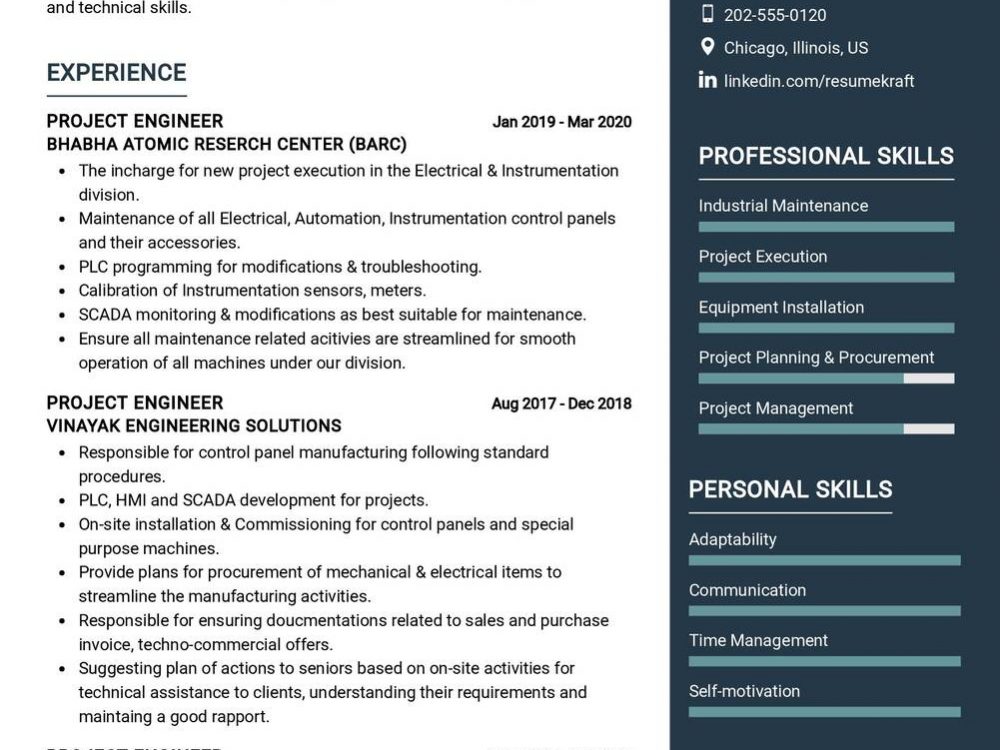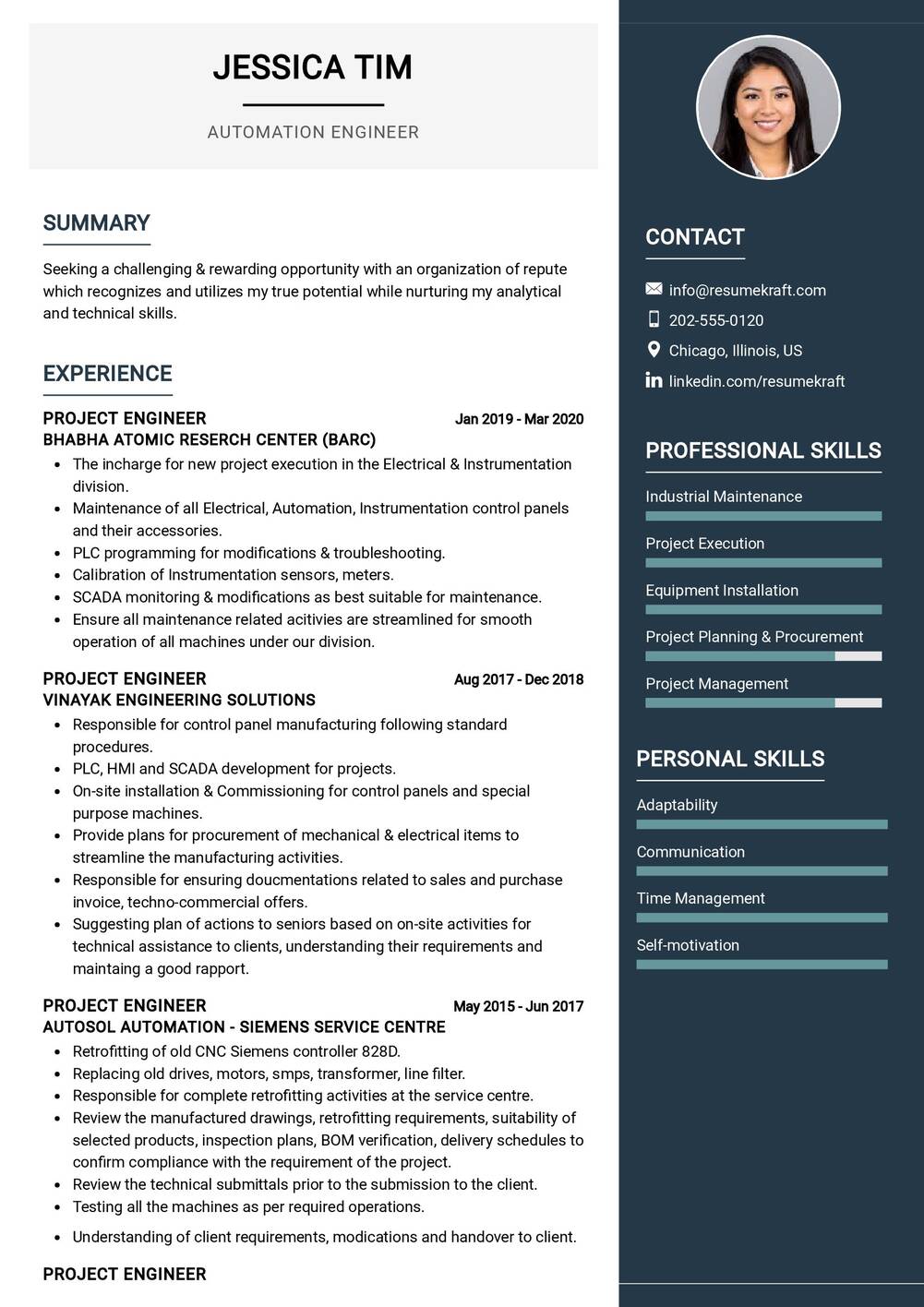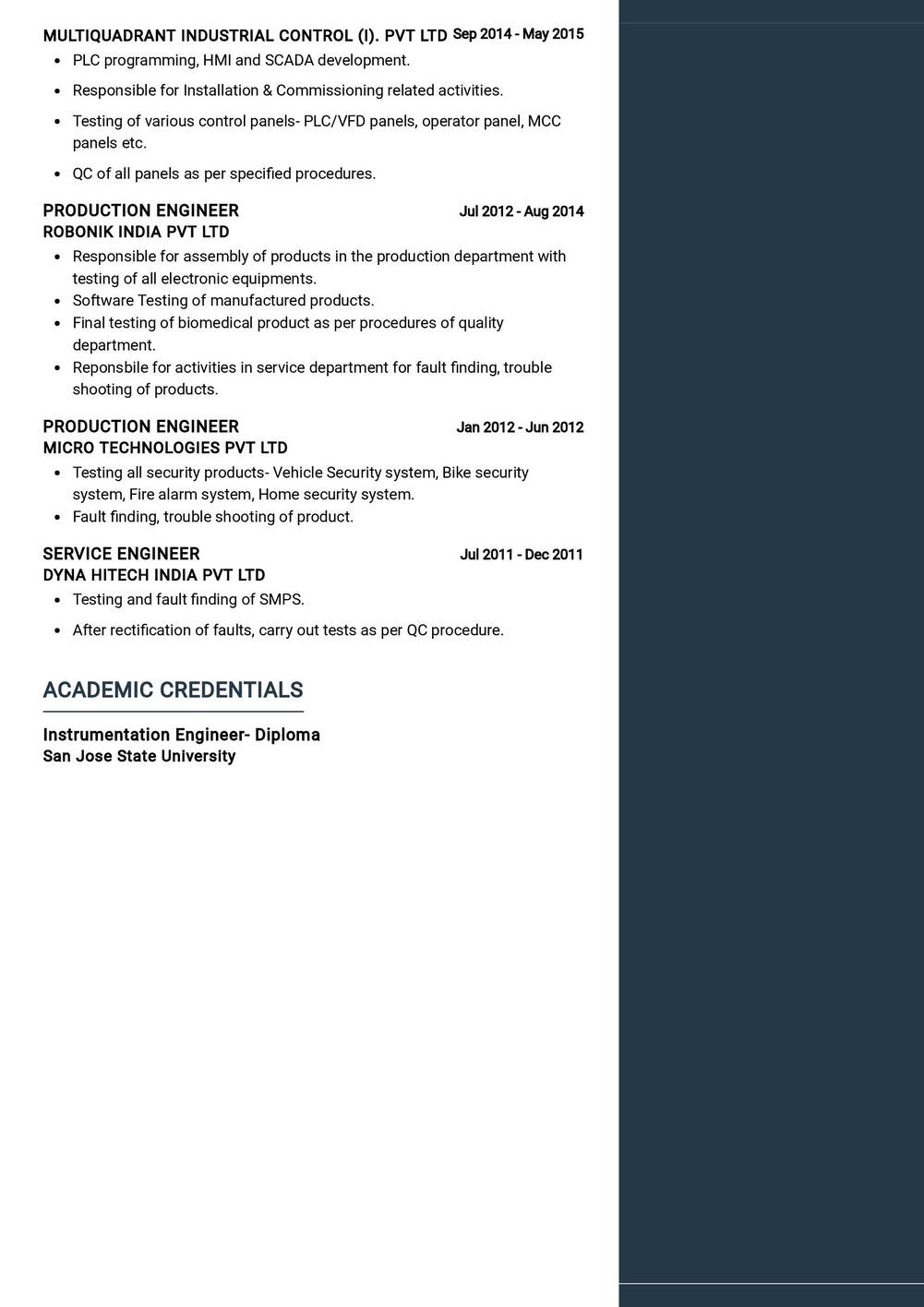Exploring the Role of an Automation Engineer
With the relentless advancement in technology, the role of an Automation Engineer has become increasingly vital in shaping the future of industries worldwide. This position demands a unique blend of technical prowess and problem-solving skills, positioning Automation Engineers at the forefront of innovation. Let’s delve into the multifaceted responsibilities and requirements that define the role of an Automation Engineer.
Understanding the Job Requirements for an Automation Engineer
Becoming an Automation Engineer requires a set of specific skills and qualifications. This journey is a continuous learning process, and individuals aspiring to take on this role need to meet certain prerequisites. Let’s explore the key requirements to excel as an Automation Engineer:
- A Bachelor’s or Master’s degree in Computer Science, Electrical Engineering, or a related field, providing a solid foundation in the technical domain.
- Proficiency in programming languages such as Python, Java, or C++, showcasing the ability to create efficient automation scripts.
- Hands-on experience with automation tools like Selenium, Appium, or Ansible, demonstrating practical knowledge in the automation landscape.
- Strong analytical and problem-solving skills, honed through experiences and possibly through courses and certifications.
- Excellent communication skills, essential for collaborating with cross-functional teams and conveying complex automation concepts to non-technical stakeholders.
- Adaptability and resilience, crucial traits for navigating the dynamic landscape of automation technologies.
Securing additional certifications in specific automation tools can significantly enhance your profile in the competitive job market.
Responsibilities of an Automation Engineer
The role of an Automation Engineer is diverse, encompassing a range of responsibilities that contribute to the efficiency and effectiveness of business operations. Let’s unravel the core duties that define this role, each one requiring a unique set of skills and insights:
- Designing, developing, and maintaining automated test scripts to ensure the quality of software applications.
- Collaborating with software developers and quality assurance teams to identify automation testing needs and incorporating them into the development process.
- Implementing continuous integration and continuous deployment (CI/CD) pipelines to streamline the software delivery process.
- Conducting feasibility studies and providing cost estimates for automation implementation in various projects.
- Monitoring and troubleshooting automated processes, identifying and resolving issues to maintain seamless operations.
- Staying updated with the latest automation trends and technologies, incorporating innovative solutions into existing workflows.
Each responsibility is a testament to the crucial role Automation Engineers play in enhancing efficiency and reducing manual effort in the software development life cycle.
Crafting a Strong Automation Engineer CV
As you embark on the journey to create a compelling resume, keep in mind that your CV is a reflection of your skills, experiences, and aspirations. Here are some tips to help you build an impactful Automation Engineer resume:
- Highlight your proficiency in programming languages and automation tools, showcasing specific projects and achievements.
- Detail your experience in collaborating with cross-functional teams, emphasizing successful automation implementations that improved development processes.
- Quantify your achievements, using metrics to demonstrate the impact of your automation initiatives on project timelines and quality.
- Include relevant certifications, demonstrating your commitment to staying current with automation technologies.
- Customize your resume for each application, aligning your skills and experiences with the specific requirements of the job.
Each tip serves as a guide to help you present a resume that stands out in a competitive job market.
Automation Engineer CV Summary Examples
Your resume summary is the opening act of your career story, setting the stage for what is to follow. It should be a powerful snapshot of your journey, encapsulating your experiences, skills, and the value you bring to the table. Here are some examples to inspire you:
- “Results-driven Automation Engineer with over 5 years of experience, adept at developing and implementing automated testing processes that significantly improved software quality.”
- “Innovative Automation Engineer with a proven track record in designing and implementing CI/CD pipelines, streamlining software delivery and reducing time-to-market.”
- “Detail-oriented Automation Engineer skilled in troubleshooting and optimizing automated processes, contributing to the seamless integration of automation into software development workflows.”
Each summary offers a glimpse into your career journey, highlighting your key strengths and accomplishments as an Automation Engineer.
Create a Robust Experience Section for Your Automation Engineer CV
Your experience section is the core of your resume, narrating the story of your career progression and showcasing the impact you’ve had in previous roles. Here are some examples to guide you:
- “Led the implementation of automated testing for a flagship product, resulting in a 30% reduction in testing time and a 20% improvement in software quality.”
- “Collaborated with development teams to integrate automation into the CI/CD pipeline, reducing software release cycles by 15% and enhancing overall development efficiency.”
- “Identified and resolved automation bottlenecks, increasing the reliability of automated processes and minimizing downtime by 25%.”
Each experience is a chapter in your career story, illustrating your contributions and achievements as an Automation Engineer.
Educational Background for Your Automation Engineer CV
Your educational journey is the foundation upon which your career stands. It is a testament to your knowledge, your expertise, and your commitment to learning. Here’s how you can list your educational milestones:
- Master of Science in Computer Science, XYZ University, a comprehensive program that deepened my understanding of software development and automation, 2017.
- Bachelor of Engineering in Electrical Engineering, ABC University, the foundational degree that equipped me with essential engineering principles, 2015.
- Certified Automation Professional (CAP), showcasing specialized knowledge in automation technologies, 2018.
Each educational qualification is a stepping stone, leading you to the pinnacle of success in your career as an Automation Engineer.
Automation Engineer Skills for Your CV
Your skill set is your toolkit, equipped with a diverse range of tools that you have honed over the years. It is a showcase of your abilities, both innate and acquired. Let’s list down the essential skills that an Automation Engineer should possess:
Soft Skills:
- Problem-solving and analytical skills, the ability to identify and address challenges in the automation process.
- Effective communication, the skill to convey complex automation concepts to both technical and non-technical stakeholders.
- Collaboration and teamwork, essential for working seamlessly with developers, QA teams, and other stakeholders.
- Time management, the ability to prioritize tasks and meet project deadlines.
- Adaptability, the capacity to navigate and thrive in a rapidly evolving technological landscape.
Hard Skills:
- Proficiency in programming languages, including but not limited to Python, Java, or C++.
- Experience with automation tools such as Selenium, Appium, or Ansible, showcasing hands-on knowledge in the automation domain.
- Knowledge of continuous integration and continuous deployment (CI/CD) processes, a critical skill for streamlining software delivery.
- Scripting skills for creating and maintaining automation scripts, ensuring the efficiency of testing processes.
- Understanding of software development life cycle (SDLC) and quality assurance processes, contributing to overall software quality.
Each skill is a tool, aiding you in providing exceptional automation solutions and contributing to the success of your team.
Common Mistakes to Avoid When Writing an Automation Engineer CV
As you craft your resume, it is essential to steer clear of common pitfalls that can hinder your journey to landing your dream job. Here we list down the mistakes often seen in resumes and how to avoid them:
- Avoid using generic terms; instead, tailor your resume to highlight specific automation tools and programming languages you are proficient in.
- Focus on your achievements rather than just listing job duties, providing depth and context to your experience.
- Include a well-crafted cover letter to complement your resume, offering additional insights into your passion for automation and problem-solving skills.
- Balance technical jargon with clear explanations, ensuring your resume is accessible to both technical and non-technical readers.
- Thoroughly proofread your resume to maintain a professional image and avoid any grammatical errors or typos.
Avoiding these mistakes will help you create a resume that effectively communicates your value as an Automation Engineer.
Key Takeaways for Your Automation Engineer CV
As we reach the end of this comprehensive guide, let’s recap the key points to keep in mind while crafting your Automation Engineer resume:
- Emphasize your programming proficiency and hands-on experience with automation tools.
- Showcase your impact by quantifying achievements and highlighting successful automation implementations.
- Detail your collaboration skills and ability to work with cross-functional teams.
- Include a section on continuous learning, showcasing relevant certifications and courses undertaken in the field of automation.
Finally, feel free to utilize resources like AI Resume Builder, Resume Design, Resume Samples, Resume Examples, Resume Skills, Resume Help, Resume Synonyms, and Job Responsibilities to create a standout application and prepare for the Automation Engineer job interview.



